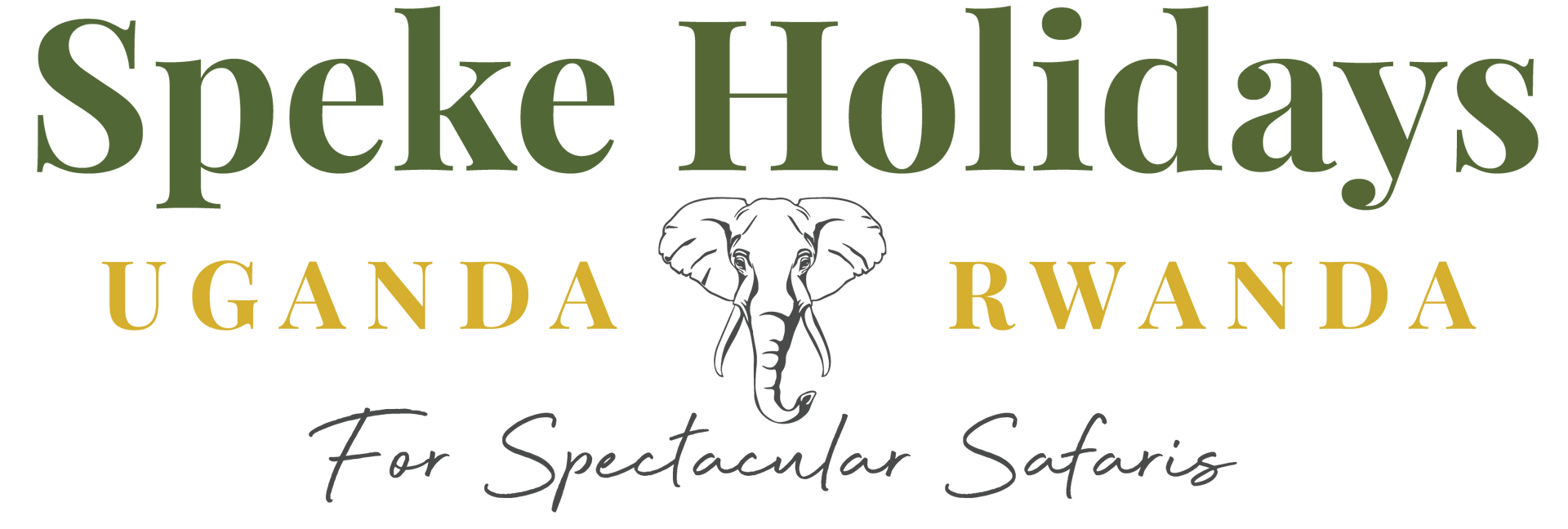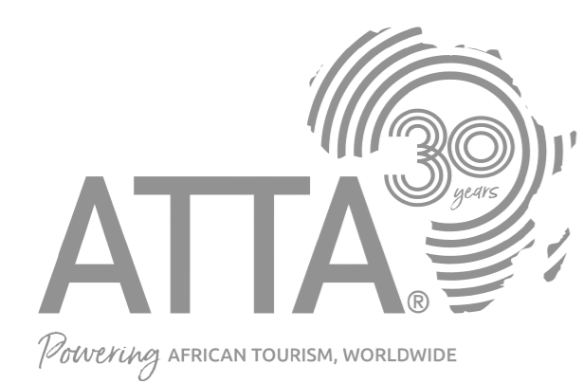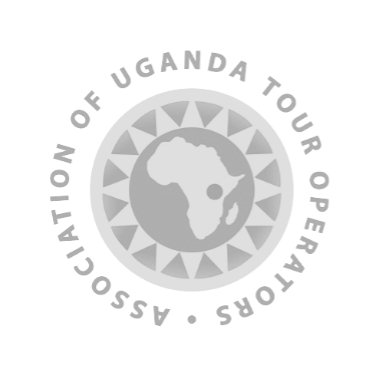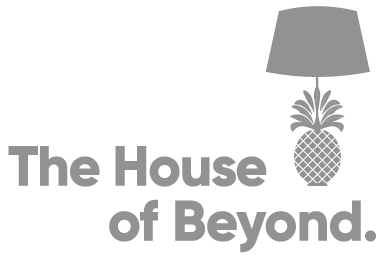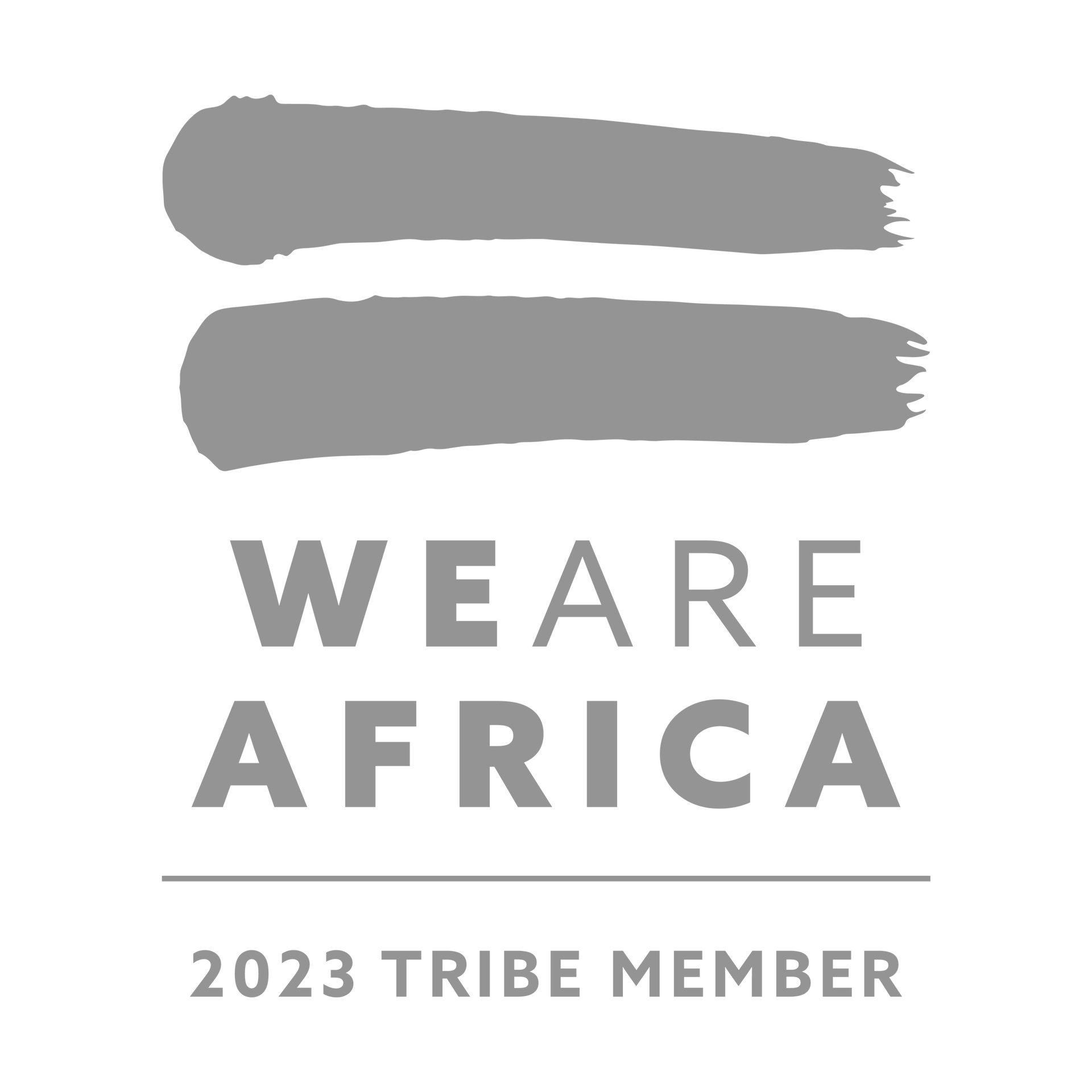Culture
Learn about the fascinating heritage of Uganda and Rwanda
Uganda and Rwanda have many diverse but rich and fascinating cultures reflecting both countries' history, ethnic composition, and geographical variations. The populations are made up of numerous ethnic groups, each with its own distinct traditions, languages, and customs. Here are some key aspects of Ugandan and Rwandan culture:
UGANDAN CULTURE
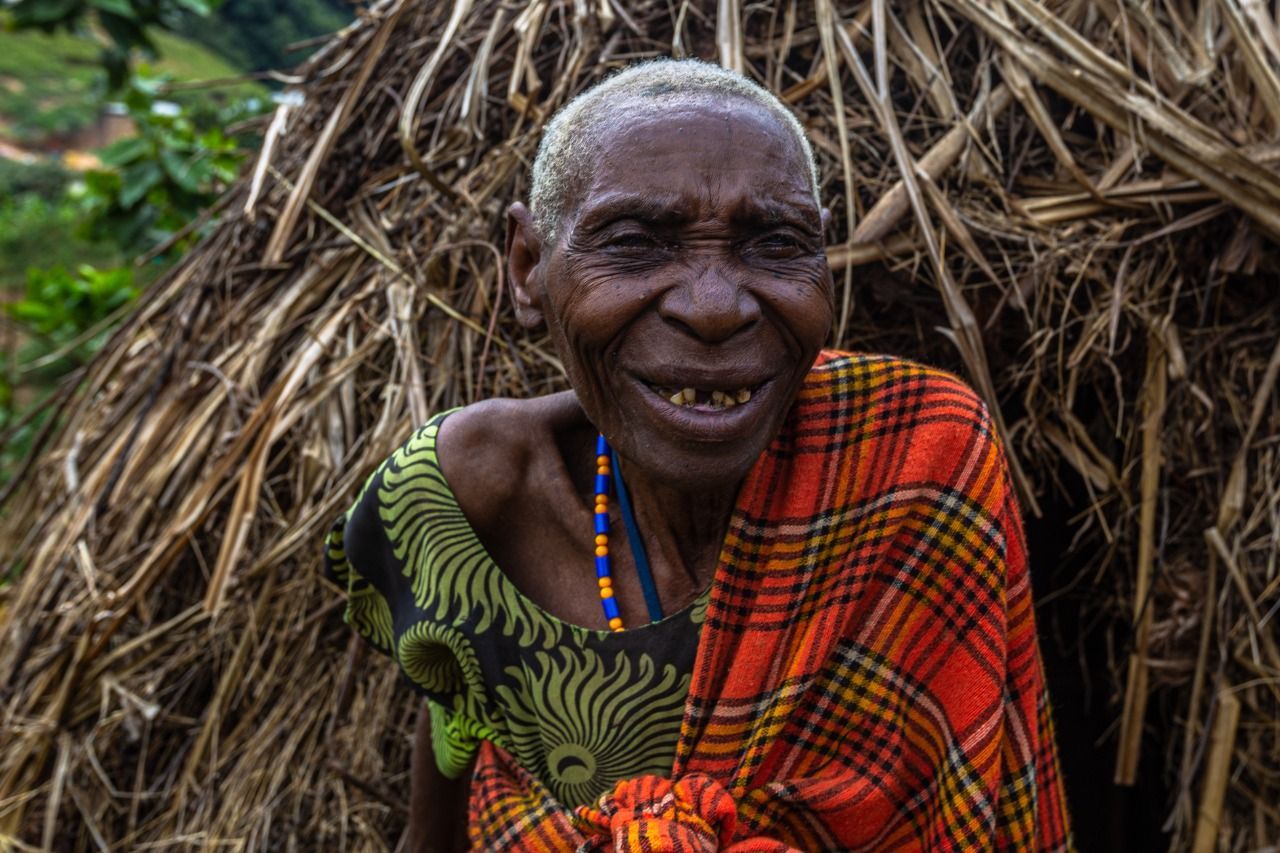
Language
Uganda is a linguistically diverse country with four different ethnic groups and about 56 tribes, each having its own language. English is the official language, and it is widely spoken, especially in urban areas and for official communication.
Music and dance
Music and dance play a central role in Ugandan culture. Traditional dances are often accompanied by vibrant drumming and singing. Modern music genres, including Afrobeats and gospel, are also very popular.
Traditional attire
Traditional Ugandan clothing is mostly worn outside the cities or for functions. Women often wear colourful dresses made from vibrant fabrics, and men may wear traditional robes or modern Western-style clothing.
Cuisine
Ugandan cuisine is diverse, with staple foods like matoke (cooked and mashed green bananas), posho (maize porridge), and rice. Street food is vibrant, offering things like samosas and rolex (chapati with an omelette inside).
Ceremonies and rituals
Ugandans celebrate various ceremonies and rituals marking important life events such as birth, marriage, and death. These events often involve traditional dances, music, and rituals specific to each ethnic group.
Art and crafts
Ugandans have a rich tradition of artistic expression, including basket weaving, pottery, beadwork, and wood carving. Art and crafts are not only functional but also carry cultural and symbolic significance.
UGANDAN CULTURE

Language
Uganda is a linguistically diverse country with four different ethnic groups and about 56 tribes, each having its own language. English is the official language, and it is widely spoken, especially in urban areas and for official communication.
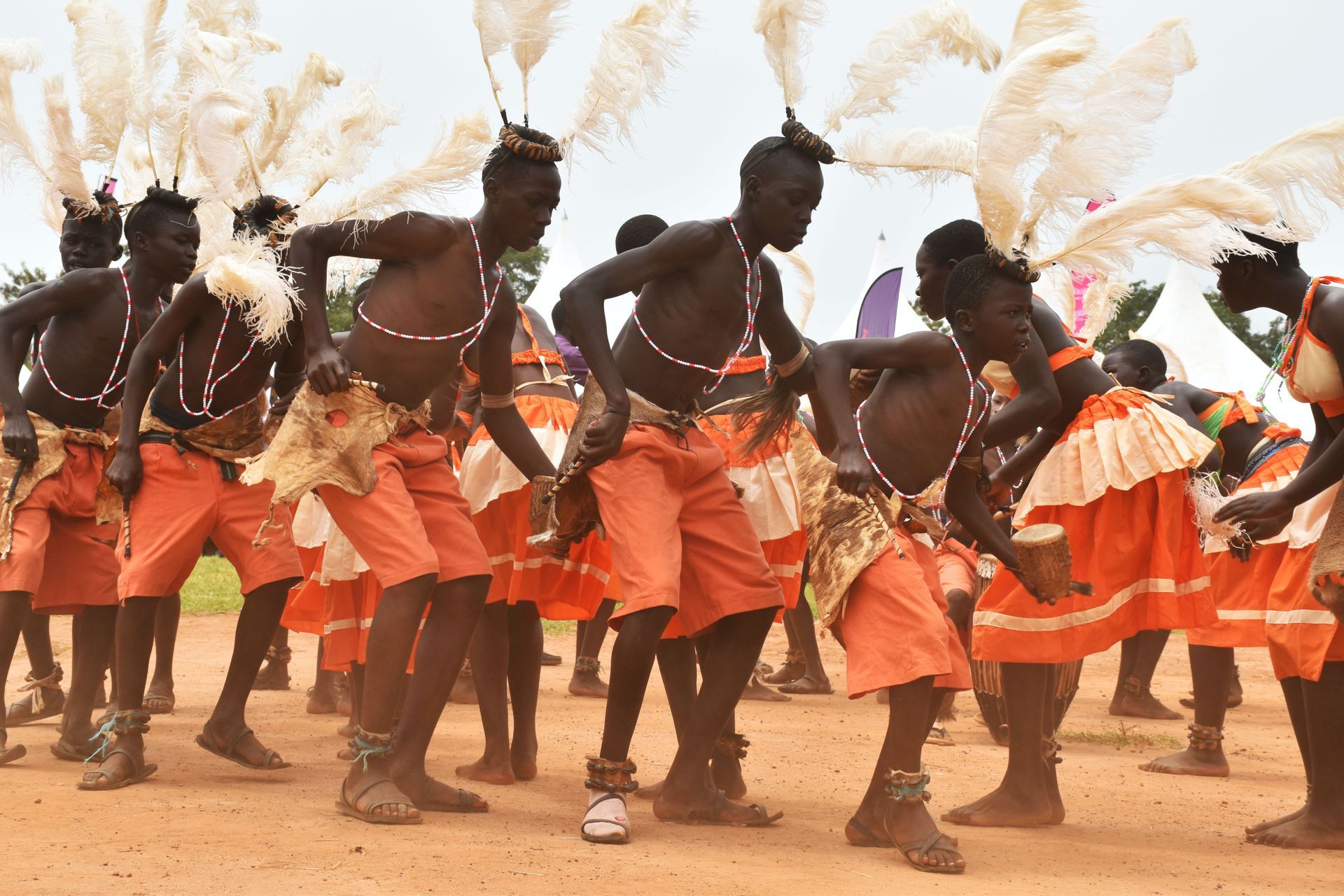
Music and dance
Music and dance play a central role in Ugandan culture. Traditional dances are often accompanied by vibrant drumming and singing. Modern music genres, including Afrobeats and gospel, are also very popular.
Traditional attire
Traditional Ugandan clothing is mostly worn outside the cities or for functions. Women often wear colourful dresses made from vibrant fabrics, and men may wear traditional robes or modern Western-style clothing.
Cuisine
Ugandan cuisine is diverse, with staple foods like matoke (cooked and mashed green bananas), posho (maize porridge), and rice. Street food is vibrant, offering things like samosas and rolex (chapati with an omelette inside).
Ceremonies and rituals
Ugandans celebrate various ceremonies and rituals marking important life events such as birth, marriage, and death. These events often involve traditional dances, music, and rituals specific to each ethnic group.
Art and crafts
Ugandans have a rich tradition of artistic expression, including basket weaving, pottery, beadwork, and wood carving. Art and crafts are not only functional but also carry cultural and symbolic significance.
Language
Uganda is a linguistically diverse country with four different ethnic groups and about 56 tribes, each having its own language. English is the official language, and it is widely spoken, especially in urban areas and for official communication.
RWANDAN CULTURE
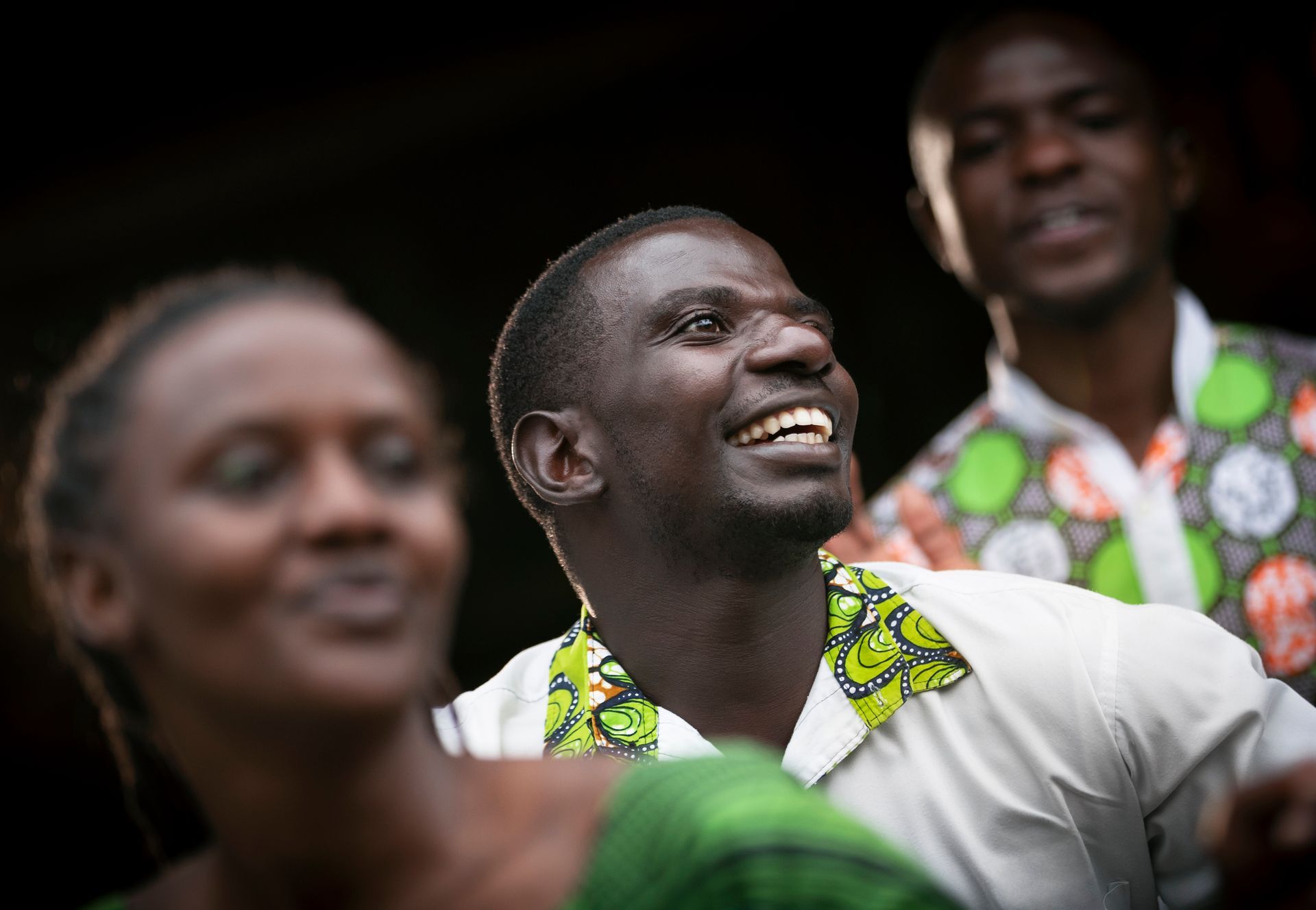
Language
The official languages of Rwanda are Kinyarwanda, French, and English. Kinyarwanda is the most widely spoken language and plays a significant role in daily communication, cultural expressions, and storytelling.
Dance
The famous Intore dance is known for its energetic and rhythmic movements. It is often performed during ceremonies and festivals. The dance symbolises the strength, bravery, and agility of Rwandan warriors.
Traditional attire
Rwandans often wear traditional attire during ceremonies and special occasions. For women, this may include the mushanana, a colorful and draped garment, while men may wear the isishweshwe, a traditional shirt and pants.
Cuisine
The vibrant flavours of Rwanda are a celebration of local ingredients like plantains and cassava. Don't miss the rich isombe, cassava leaves in peanut sauce, or the refreshing fruit salad, ubunyobwa.
Society and customs
On the last Saturday of each month Rwandans come together for Umuganda, meaning "coming together for a common purpose". This is a unique Rwandan tradition where citizens participate in community service.
Art and crafts
Rwanda's art scene is buzzing, from imigongo where cow dung is mixed with natural colours to create intricate geometric patterns to ikiraro - handmade traditional Rwandan pottery.
RWANDAN CULTURE

Language
The official languages of Rwanda are Kinyarwanda, French, and English. Kinyarwanda is the most widely spoken language and plays a significant role in daily communication, cultural expressions, and storytelling.
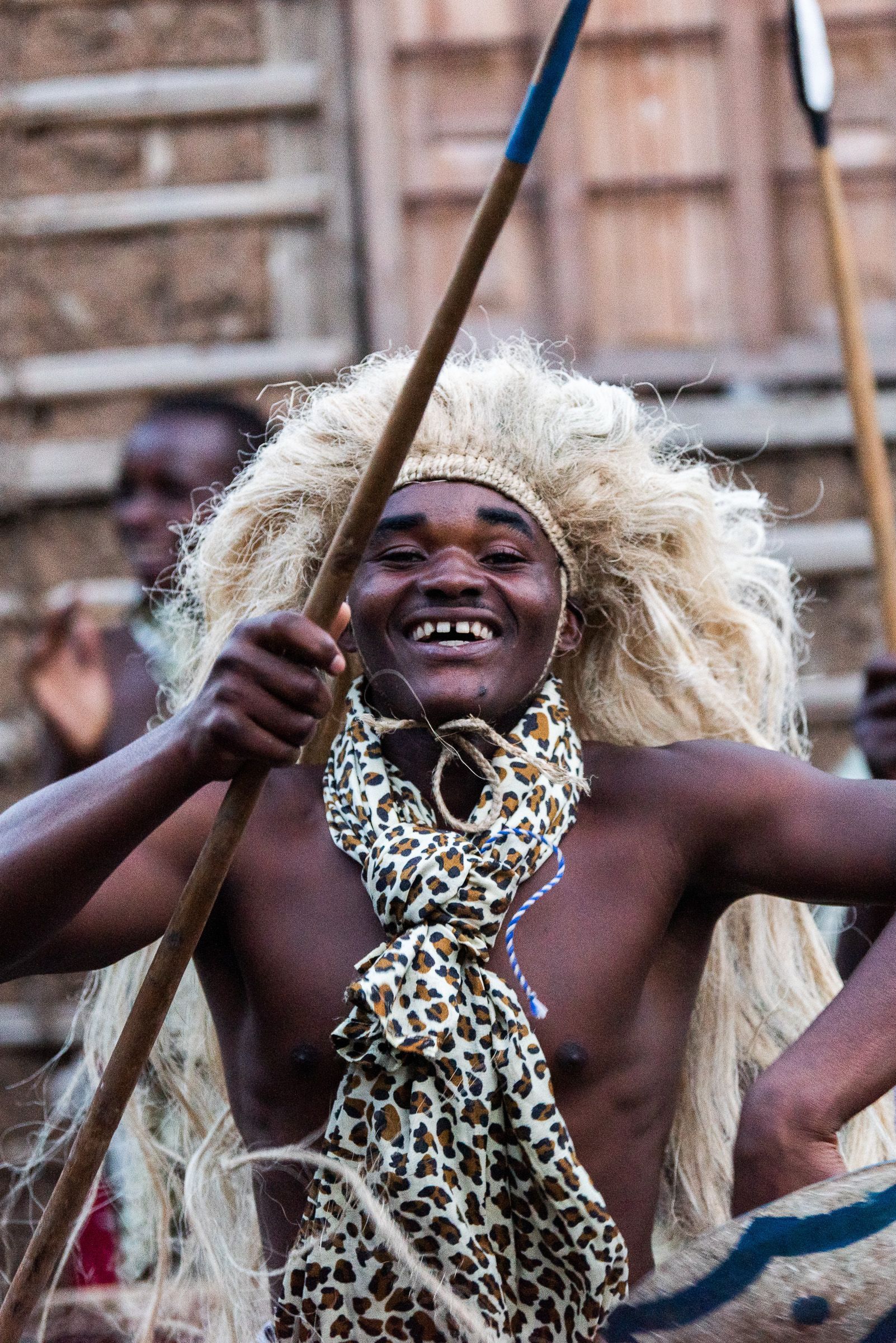
Dance
The famous Intore dance is known for its energetic and rhythmic movements. It is often performed during ceremonies and festivals. The dance symbolises the strength, bravery, and agility of Rwandan warriors.
Traditional attire
Rwandans often wear traditional attire during ceremonies and special occasions. For women, this may include the mushanana, a colorful and draped garment, while men may wear the isishweshwe, a traditional shirt and pants.
Cuisine
The vibrant flavours of Rwanda are a celebration of local ingredients like plantains and cassava. Don't miss the rich isombe, cassava leaves in peanut sauce, or the refreshing fruit salad, ubunyobwa.
Society and customs
On the last Saturday of each month Rwandans come together for Umuganda, meaning "coming together for a common purpose". This is a unique Rwandan tradition where citizens participate in community service.
Art and crafts
Rwanda's art scene is buzzing, from imigongo where cow dung is mixed with natural colours to create intricate geometric patterns to ikiraro - handmade traditional Rwandan pottery.
Language
The official languages of Rwanda are Kinyarwanda, French, and English. Kinyarwanda is the most widely spoken language and plays a significant role in daily communication, cultural expressions, and storytelling.
